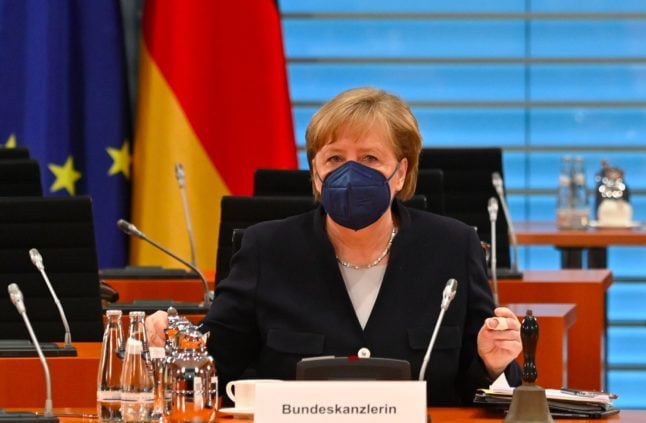As part of a series of proposed reforms, to be examined during an executive board meeting on November 1st and 2nd, the WHO is considering reducing its costs “by reducing the size of the secretariat staff at headquarters.”
Between 75 and 80 percent of the agency’s income comes in dollars, although about the same proportion of expenditure is in Swiss francs or currencies that have also appreciated against the US currency.
With the franc strengthening dramatically against the dollar, the agency has had to reduce jobs in recent months in order to cope.
Underlining the seriousness of the problem, Andrew Cassels, who is WHO strategy director, noted that “staffing numbers in WHO in the last few years have gone up by about eight percent, but costs have gone up by 40 percent.”
“We are looking quite hard at the costs of different locations, one of the most expensive locations is Geneva,” he noted.
The WHO has previously said that it expects a $300-million deficit this year due to plunging voluntary contributions.
Most of the organisation’s financing needs depends on such contributions.
The WHO subsequently cut its bi-annual budget for 2012-2013 by about one billion dollars and announced that around 300 jobs would go by year-end.



 Please whitelist us to continue reading.
Please whitelist us to continue reading.
Member comments